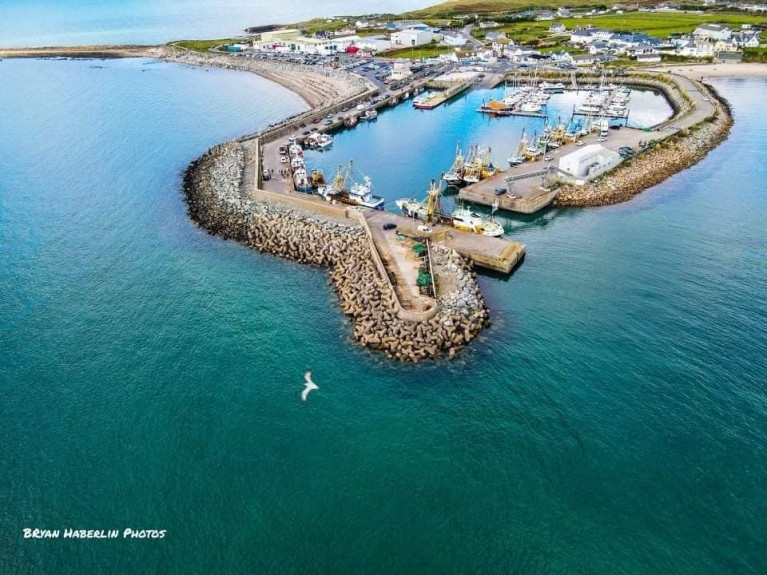Displaying items by tag: Aquabusiness
Aquabusiness Course Offers Big Future for Graduates
Graduates from Wexford Campus' Aquabusiness course have celebrated the completion of their studies.
As the Wexford People highlighted, this is the only course of its kind in the country, as the Higher Diploma in Business in Aquabusiness is now in its fourth year and continues to be popular among young candidates.
'The 2019/2020 cohort graduated with a virtual ceremony,' said lecturer Amy Allen. 'Covid-19 impacted their second semester quite significantly in that a number were scheduled to start industrial placement and of course lockdown restrictions did not permit this.
'However, the course is flexible and, as a teaching team, we feel we are very flexible and responsive to the sector's situation, so we managed to transfer some of these students onto an interdisciplinary project (desk-based).
'Those who really want to complete the placement are being put on hold until restrictions ease and they can rejoin their sponsor companies.'
Among those graduating were three students from Wexford, and others from as far afield as Cork, Galway and Donegal.
'These guys are from the farmed fishing sector, some are also from Bord Iascaigh Mhara (BIM) and work as marine biologists,' Ms Allen said.
More here from the newspaper.
Afloat adds according to BIM's website, the course is designed to cater for those looking to enter management, financial, research & development or regulatory roles in fisheries, aquaculture, seafood processing and related fields
























































